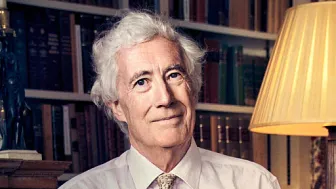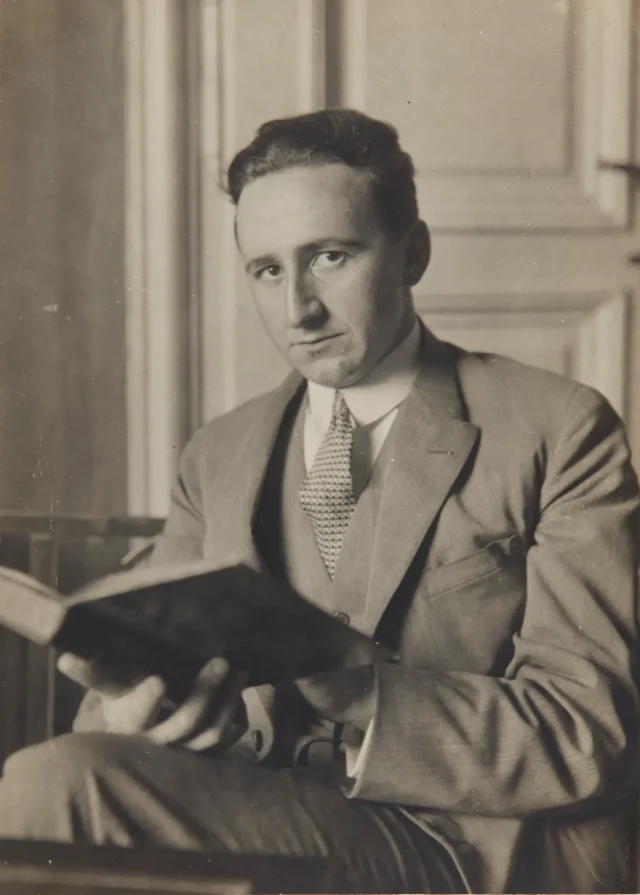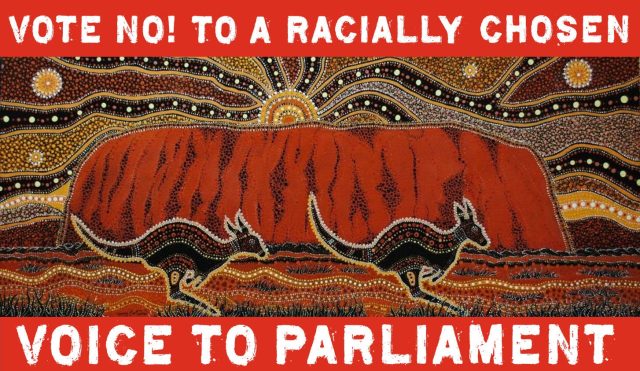Philosophy
Look What Happens When You Abandon Philosophy!
I’ve said it before a hundred times. I’ll say it again. Political philosophy matters. There’s no point telling me that philosophy is for intellectuals only. No! Philosophy is the bedrock on which policies are created. Everyday, regular Australians instinctively know this even if they’re not philosophy wonks. Here’s the proof. When the Liberal Party of Australia publishes Our Beliefs, it just doesn’t sound right. It feels...
On The Word ‘Liberal’
I’m a liberal. I’m a liberal in the 18th and 19th Century British sense of the word. I believe in free enterprise, laissez-faire economics, democracy, free speech, freedom of the press, freedom of religion, free movement, the individual, human rights and freedom to live life as the individual sees fits as long as another individual isn’t harmed in the process. As with...
How Christianity Informs Classical Liberalism
In my last two articles, I showed how George Orwell’s 1984 seems to be coming true, how the size of government grows ever larger and how rent-seekers are not only doing what they’ve always done but are getting much better at it. How this happens without sparking a popular uprising, I invoke the fable of 'the shrinking forest'. I...
5 Quotes From Lord Jonathan Sumption
These five quotes are from a speech delivered on 13 October 2022 in Australia by The Right Honourable Lord Jonathan Sumption, former senior judge of the Supreme Court of the United Kingdom. They go to explaining how our citizens invite authoritarianism, the cost of this, and what has held back despotism to date … “In modern conditions, risk-aversion and the fear...
Hayek Gives Liberal Democrats Its New Name
Word on the street is that the Liberal Democrats are searching for a new name. Malcolm Turnbull and the Greens forced it upon them. It was his parting gift. It is now the Eleventh Commandment. “Thou shalt not use any English word of an older party’s name in your own.” So, despite being named the Liberal Democrats for 21 years, the Liberal Party...
An Open Letter To Mr. Alexander Downer
This open letter assumes the reader has also read the Australian Financial Review column by Alexander Downer dated 4 Dec 2022 found here . Start there and follow with this Open Letter. 27 January 2023 Dear Mr. Downer, I read your Australian Financial Review column dated 4 December 2022 with great interest. As a former State and Federal Executive member of the Liberal...
Libertarians And Conservatives: Similar But Different
In Australia, conservatives and libertarians tend to get along. Neither has sympathy for the woke, neither declares their pronouns, chooses their gender, or seeks to cancel those with whom they disagree. They both believe in things such as equality before the law, the presumption of innocence, parental responsibility, religious freedom and democracy. Indeed, some conservatives tend to think that...
Remembering Bert Kelly
In my last piece, Remembering Frederick Douglass, I discussed the evils and folly of centralised wage-fixing which, amongst other things, prevented people – young people in particular – from getting a start in the workforce; a foot on that first rung of the employment ladder. Today, we look at centralized wage-fixing’s partner-in-crime – tariff protection. The other side of the micro-economic...
Why I Oppose The Voice
Whether to oppose or support the Voice referendum is an easy decision for me. The proposal is fundamentally racist, and I’m a libertarian. Racism is a collective concept and simply incompatible with libertarianism. Libertarians see people as individuals, not as members of a group. The proposal is for people of the Aboriginal race to elect members of the Voice, which will...



















